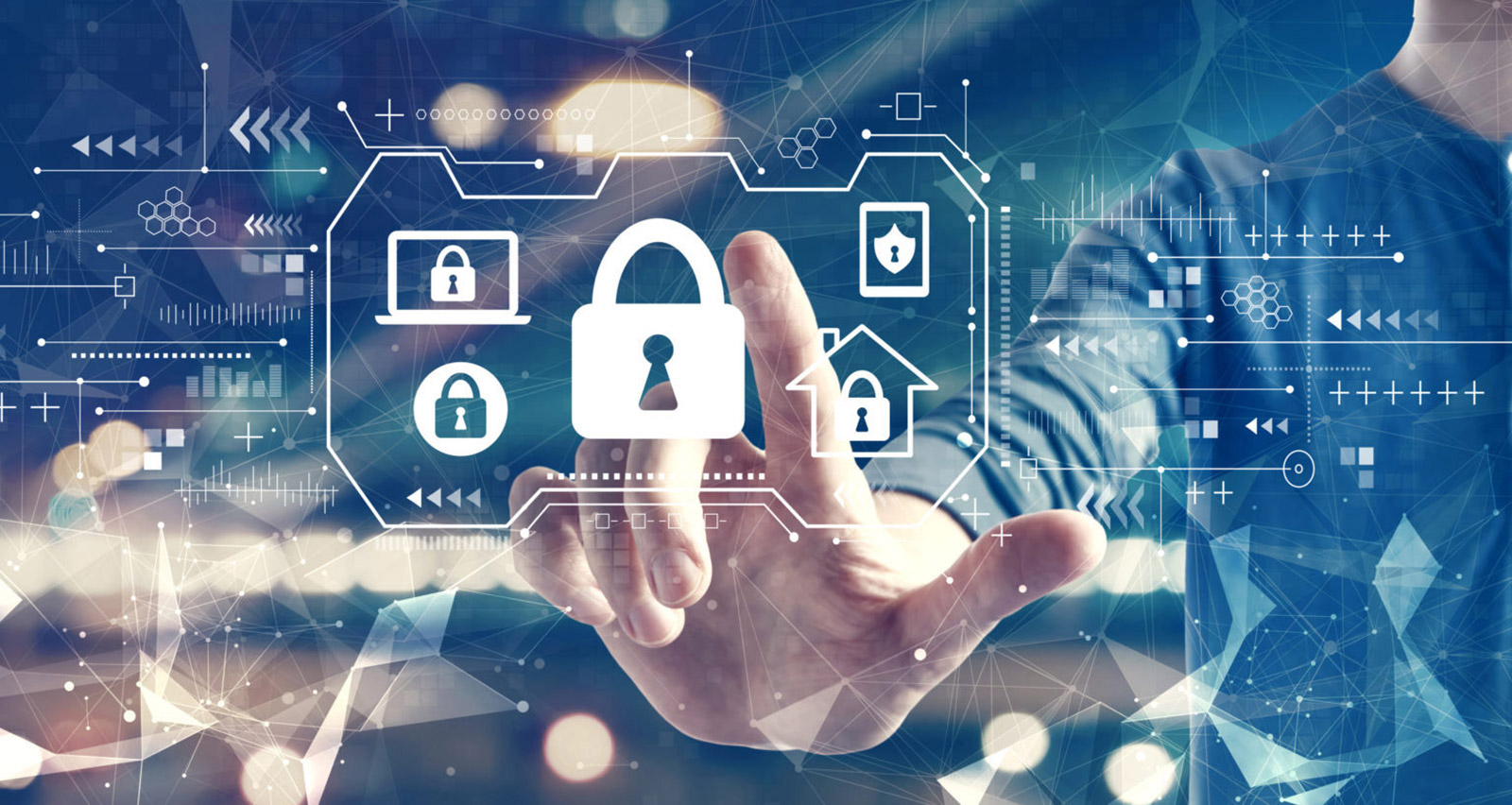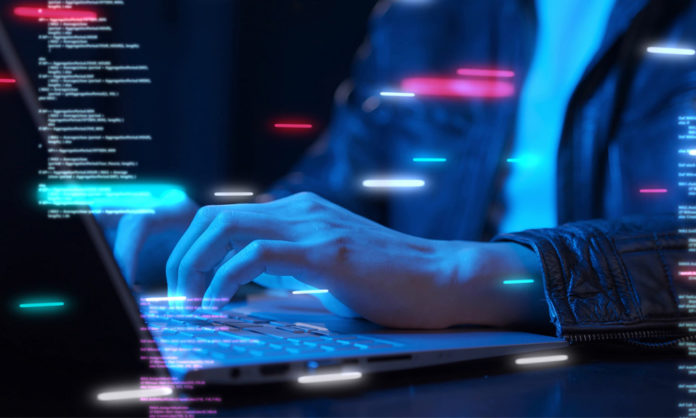Protecting ones own privacy online is one of the prime concerns of people anywhere. It is due to this security threat that a lot of people are still hesitant is using various services online. Not only that, but hackers and exploiters have become more efficient in their methods, leading the authorities to strengthen their security systems. With that in mind, let us take a look at some areas of cybersecurity that we can see improving in 2024.
Yes, there are many aspects of cybersecurity and we want everyone to understand just how vital it is. From protecting your online privacy to making sure your transactions are not interrupted, it is vital for everything to be kept in perspective.

1. VPNs Becoming More Common
VPNs are expected to become even more critical for users seeking enhanced online privacy and access to censored content. Due to the increasing threat of hackers and to cybersecurity itself, people would want to protect their privacy fiercely. The surge in internet restrictions and privacy threats globally is driving the increased adoption of VPN services.
2. Moving Towards Password-Free Cybersecurity
People are moving towards the uses of other means of authentication than typed passwords. This shift towards password-less security means the adoption of methods such as fingerprint, retinal and other means of authentication. This can make it harder for an outside entity to attack your system and steal your data.

3. Security Providers Employing A.I
Cybersecurity providers are motivated to increasingly leverage the power of AI for positive outcomes. Initiatives like NordLabs aim to provide a platform for the development of experimental AI-powered tools and services to address security and privacy concerns. This also means that enterprises will be making use of such security providers more who integrate A.I into their methods of protection.
4. Internet Becoming Regulated In Cybersecurity
Policies like the Online Safety Bill and the pursuit of a comprehensive AI Act indicate a broader trend towards increased regulation. This means that our internet is going to be more regulated, thus driving better security and privacy. Organizations will need to adapt to evolving data protection and privacy laws, if this to take full effect.

5. AI-Powered Threat Protection
The misuse of generative AI tools, as seen at times by ChatGPT, continues to pose cybersecurity concerns. Hackers are leveraging A.I to create more sophisticated malware, deepfakes, and scams. It is getting harder to draw the line between A.I generated and real. A.I regulations need to be put in place to make sure this threat does not grow beyond measure.
These predictions can surely boost and improve the current state of cybersecurity in the world.
Stay tuned for more from Brandsynario!




































